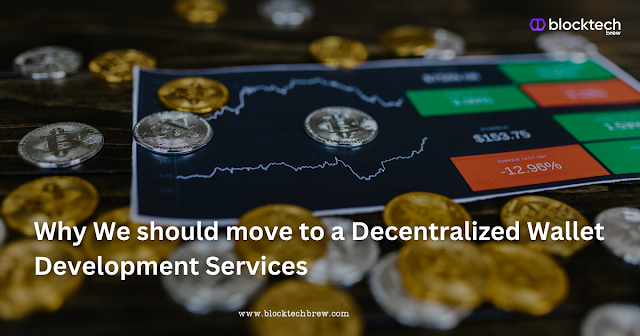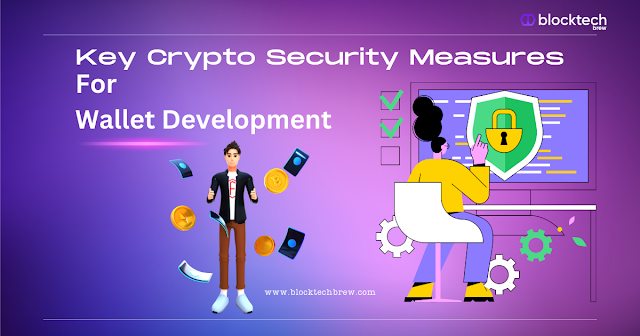How to Build a Blockchain Wallet: A Beginner’s Guide

People are going to remember the 21st century as the era of cryptocurrency and blockchain. When we talk about cryptocurrencies or Decentralized finance, one of the things that no one misses out on is Blockchain wallets. Imagine owning cryptocurrencies worth hundreds of dollars. Or buying an in-game asset using tokens in the metaverse. Where will you keep your cryptocurrencies? How will you pay or transfer your cryptocurrencies? You will need a blockchain wallet to securely store, manage and transfer cryptocurrencies. A blockchain wallet app is software built on the blockchain network that protects your private and public keys. It also enables you to seamlessly transfer cryptocurrencies. You need a blockchain wallet for accessing all Defi services, metaverse, web3 games, and other web3 services. It’s surprising that there were over 82 million crypto wallet users worldwide as of August 2022. That’s not all! The revenue from the crypto wallet development services and blockchain wallet app...


